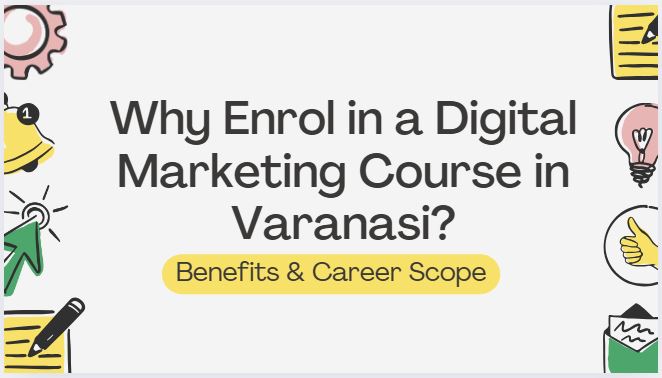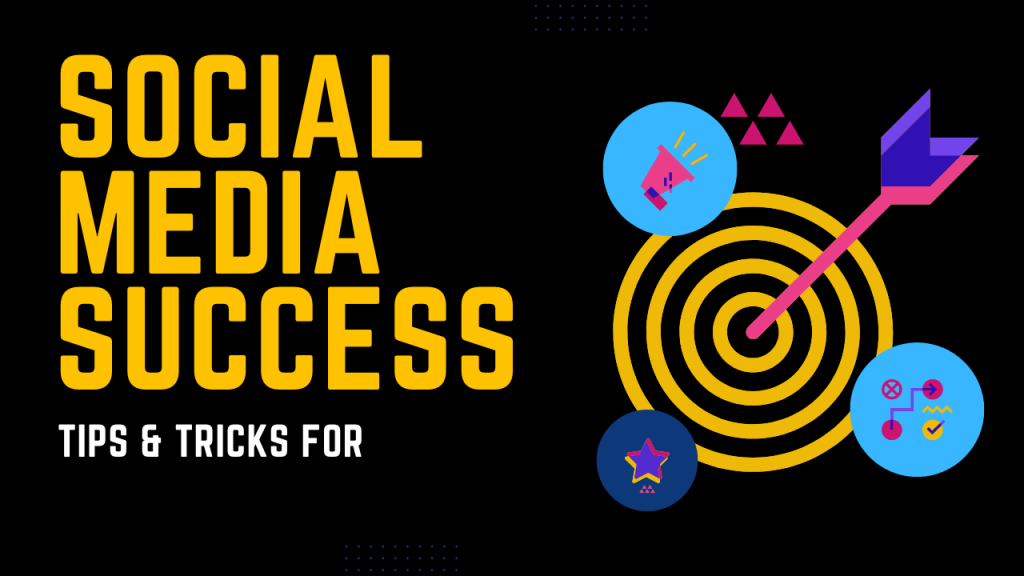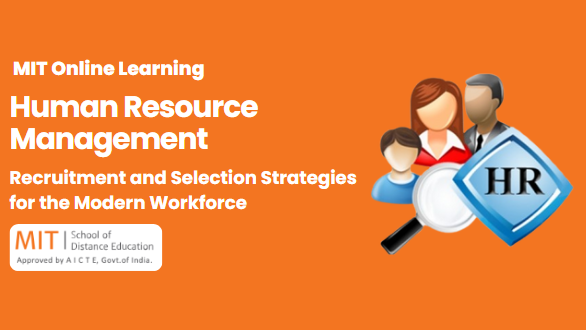
In today’s rapidly changing business environment, one of the most important factors of organizational performance is the capacity to attract, select, and retain the right talent. In a day characterized by globalization, digital revolution, and changing employee expectations, traditional recruitment techniques are no longer enough. A modern strategy that is inclusive, data-driven, and in line with long-term corporate objectives is required by the modern workforce.
Let’s examine how hiring and selection practices are evolving to satisfy the demands of the modern workforce and how businesses might adjust to remain competitive in the labor market.
The Changing Nature of the Workforce
Today’s workforce is tech-savvy, intergenerational, values-driven, and dynamic. As the proportion of Gen Z and millennial workers rises, flexibility, professional advancement, diversity, and a feeling of purpose are highly valued.
Key Workforce Trends:
- Remote and hybrid work: Accelerated by the pandemic, many professionals now prefer flexible work environments.
- Diversity and inclusion: Today’s employees are vocal about equity and inclusion in the workplace.
- Technology-centric roles: As automation and AI reshape job roles, the demand for tech-competent employees has increased.
- Gig economy: Freelance and contract work is gaining popularity over traditional 9-to-5 roles.
These changes necessitate innovative recruitment and selection strategies to attract and retain top-tier talent.
Redefining Recruitment: Strategies for a New Era
Recruitment is no longer just about filling vacancies—it’s about creating a sustainable pipeline of qualified and culturally aligned candidates. Below are modern strategies HR professionals must adopt to recruit effectively:
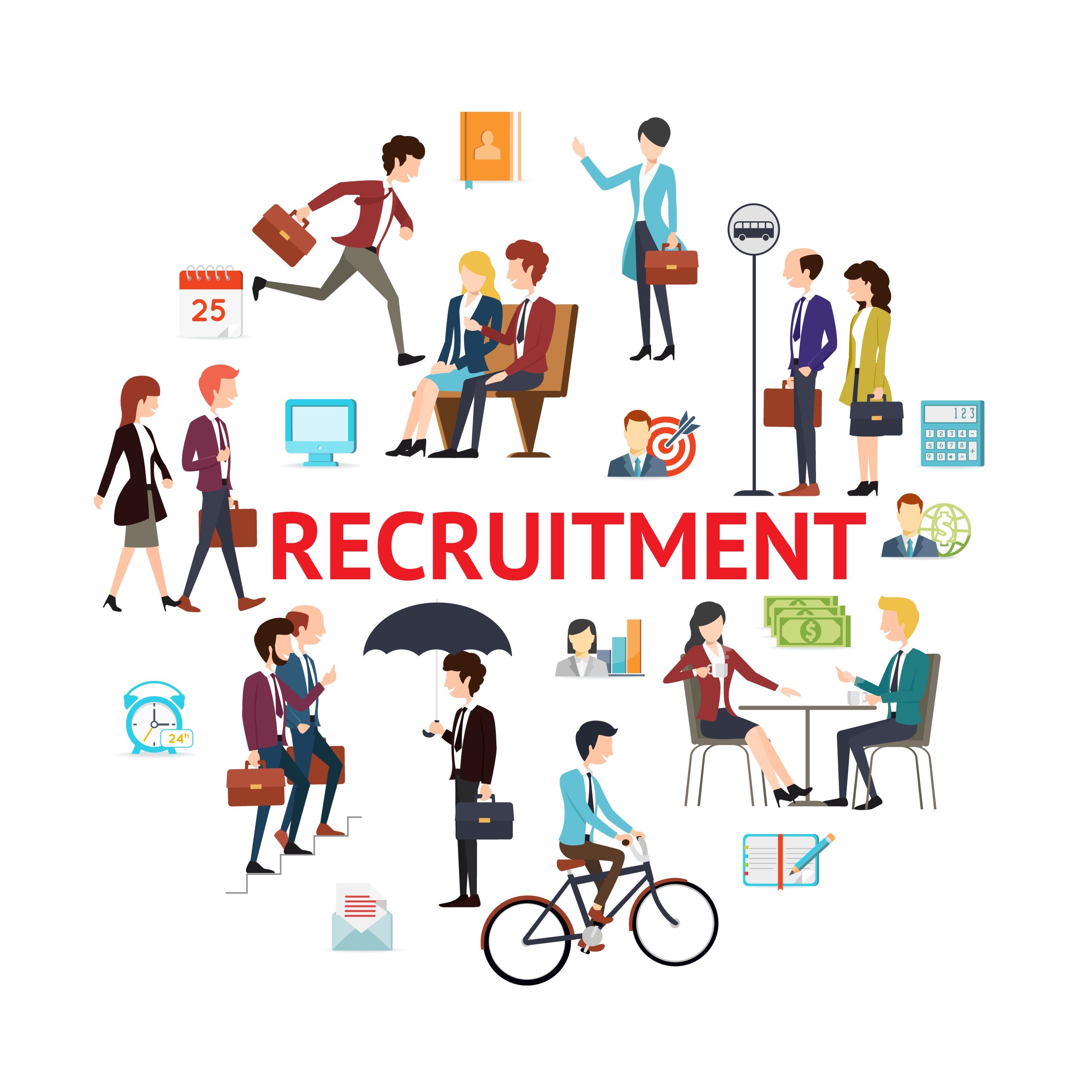
1. Employer Branding
A strong employer brand can significantly improve talent attraction. Candidates are increasingly researching companies’ work cultures, values, and employee experiences.
How to build a strong employer brand:
- Share employee testimonials on social media
- Highlight community involvement and sustainability efforts
- Promote internal growth stories
2. Leveraging HR Technology
Recruitment tech tools have made talent acquisition more efficient and targeted.
- Applicant Tracking Systems (ATS): Help streamline the screening and shortlisting process
- AI and machine learning: Assist in predictive hiring, identifying candidate-job fit
- HR analytics tools: Offer insights into recruitment effectiveness and ROI
3. Social Media and Digital Recruitment
Social media platforms like LinkedIn, Instagram, and Twitter are no longer just for networking—they’re powerful recruitment channels.
Benefits of social recruitment:
- Reach passive candidates
- Promote your culture visually
- Boost referral hires through employee advocacy
4. Employee Referral Programs
Your employees can be your best recruiters. Referral programs not only speed up hiring but also enhance retention.
- Offer incentives for successful referrals
- Regularly update employees on open roles
- Make the referral process easy and transparent
5. Diversity-Focused Hiring
Diverse teams are proven to be more innovative and productive. Organizations now use blind recruitment methods and inclusive job descriptions to remove bias from hiring.
Selection Strategies: Beyond the Résumé
Once you’ve attracted the right talent pool, the selection process must identify candidates who not only have the right skills but also align with the company’s culture and goals.
1. Structured Interviews
Structured interviews—with pre-determined questions and evaluation criteria—are more reliable and less biased than informal interviews.
Tips:
- Use behavior-based questions
- Incorporate scoring rubrics
- Ensure panel diversity
2. Skills Assessments
Real-time case studies, technical tests, and cognitive ability assessments help evaluate a candidate’s problem-solving skills and job readiness.
3. Behavioral and Situational Judgement Tests
These tests measure how candidates are likely to behave in specific work situations, providing insights into soft skills like teamwork, leadership, and adaptability.
4. Cultural Fit and Value Alignment
Organizations must assess how well a candidate’s values align with those of the company. However, this should not come at the expense of diversity.
Best practices:
- Define your core values
- Ask culture-based questions
- Avoid hiring for “similarity”
5. Data-Driven Decision Making
With tools and HR analytics, companies can now make informed hiring decisions.
Metrics to track:
- Time-to-hire
- Quality of hire
- Candidate experience scores
- Retention rate post-hire
Challenges in Modern Recruitment and Selection
Despite the advancement in tools and strategies, several challenges persist:
1. Talent Shortage
High-skill roles in areas like data science, cybersecurity, and AI are hard to fill, creating fierce competition for qualified candidates.
2. Ghosting
Candidate ghosting is on the rise—candidates disappearing mid-process due to lack of engagement, slow hiring, or better offers.
3. Maintaining Candidate Experience
A bad recruitment experience can damage employer branding and reduce your chances of attracting top talent.
4. Unconscious Bias
Despite best intentions, bias can still creep into job descriptions, interview questions, and evaluation processes.
Why You Need a Postgraduate Diploma in HR Management
Given the complexity of modern workforce dynamics, a post graduate diploma in HR, particularly from a reputed HR college, is more important than ever. Such a course equips professionals with both foundational and advanced concepts in areas such as:
- Talent acquisition
- HR analytics
- Compensation management
- Organizational behavior
- Labor laws
- Strategic human resource planning
Whether you’re an aspiring HR professional or someone looking to upgrade your skills, a PG diploma in human resource management offers both flexibility and depth.
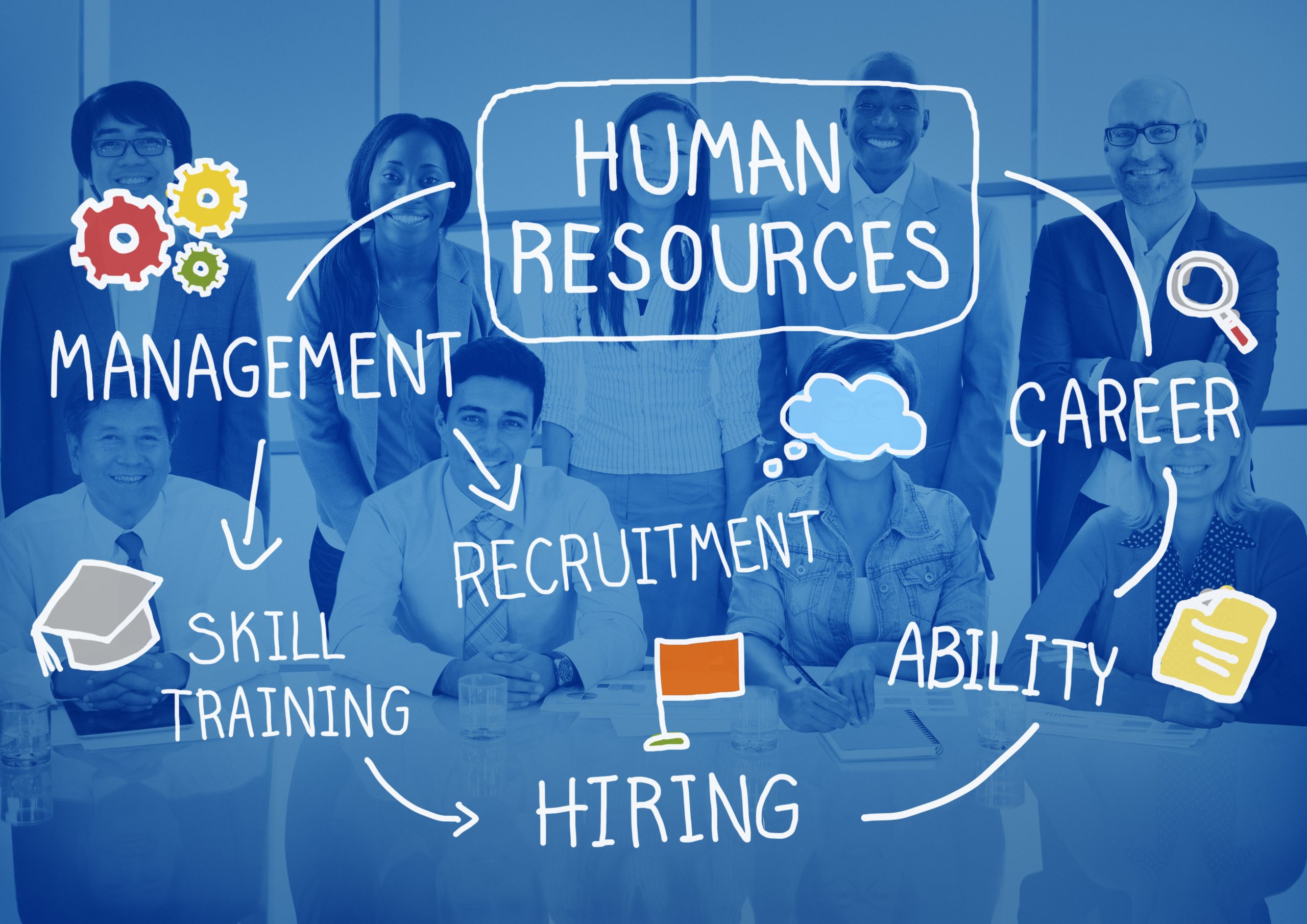
MITSDE: Your Gateway to Modern HR Leadership
If you’re serious about thriving in the evolving field of human resources, MIT School of Distance Education (MITSDE) is the ideal launchpad.
Why Choose MITSDE for PGDM HR?
MITSDE offers a cutting-edge PGDM HRM program that’s designed to meet the demands of the modern workforce. As a leader in distance education, it blends academic rigor with real-world application, preparing you to be not just a recruiter—but a strategic HR leader.
Key highlights of MITSDE’s HR programs:
- Industry-relevant curriculum updated with modern trends
- Modules on HR analytics course and workforce planning
- Experienced faculty with real-time industry exposure
- 24/7 access to digital learning materials
- Networking with a diverse peer group across industries
- AI and analytics integration into HR practices
Whether you’re looking for a post graduate diploma in HR management or a PG diploma in HR, MITSDE’s offerings are flexible, affordable, and industry-approved.
📚 HR Courses at MITSDE – Duration, Fees, Mode & Eligibility
MITSDE offers a range of flexible and industry-relevant HR programs to suit different career levels and goals. Here’s a quick overview:
1. PGDM Human Resource Management
- Duration: 24 months
- Fees: ₹90,000 (full course)
- Mode: Online/Distance Learning
- Eligibility: Any graduate
Ideal for graduates aiming to build a solid foundation in HRM and advance into managerial roles.
2. PGDM Executive in Human Capital Management
- Duration: 15 months
- Fees: ₹95,000 (full course)
- Mode: Online/Distance Learning
- Eligibility: Any graduate having 5+ years of work experience
Tailored for working professionals with experience, focusing on leadership in people management and HR strategy.
3. PGDBA Human Resource Management
- Duration: 24 months
- Fees: ₹95,000 (full course)
- Mode: Online/Distance Learning
- Eligibility: Any graduate
A business-centric HR specialization blending core management with HR practices—perfect for aspiring HR business partners.
4. Professional Certification in Human Resource Management
- Duration: 6 months
- Fees: ₹45,000
- Mode: Online/Distance Learning
- Eligibility: 10th / 12th Pass
A short-term program ideal for entry-level professionals or anyone wanting a focused credential in HRM.
Final Thoughts
Finding a suitable applicant is no longer the only goal of recruitment and selection tactics; these days, they also emphasize luring in culturally compatible people, utilizing technology, and providing an outstanding candidate experience.
Businesses want competent HR specialists who can combine strategic thinking with operational excellence in this fast-paced setting. A PGDM HR, HR management course, or pg diploma in hr are examples of advanced HR education that can enable you to lead change in the HR industry.
👉 Whether you’re starting out or upskilling, it’s time to invest in your future with MITSDE’s comprehensive HR programs.
Shape the workforce of tomorrow!

